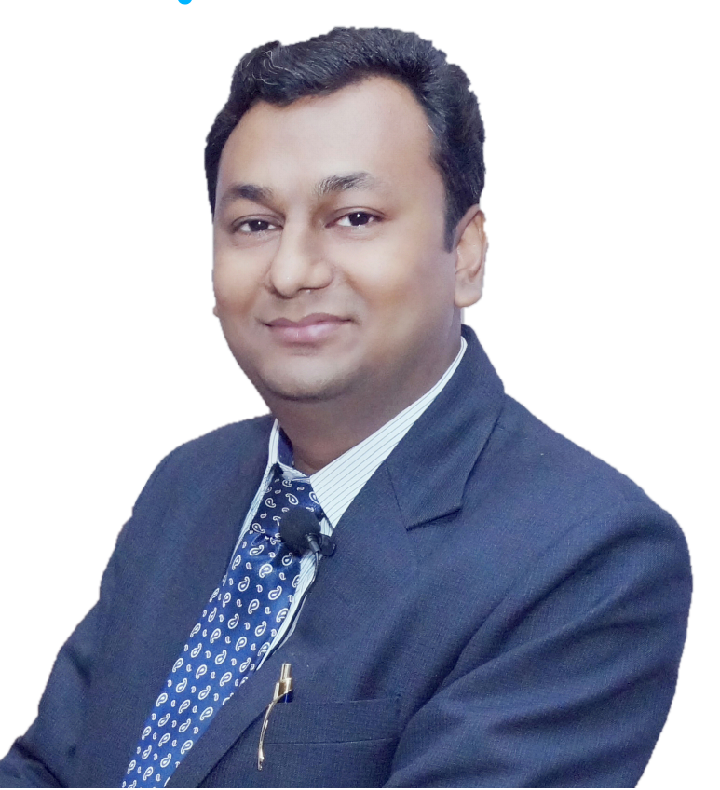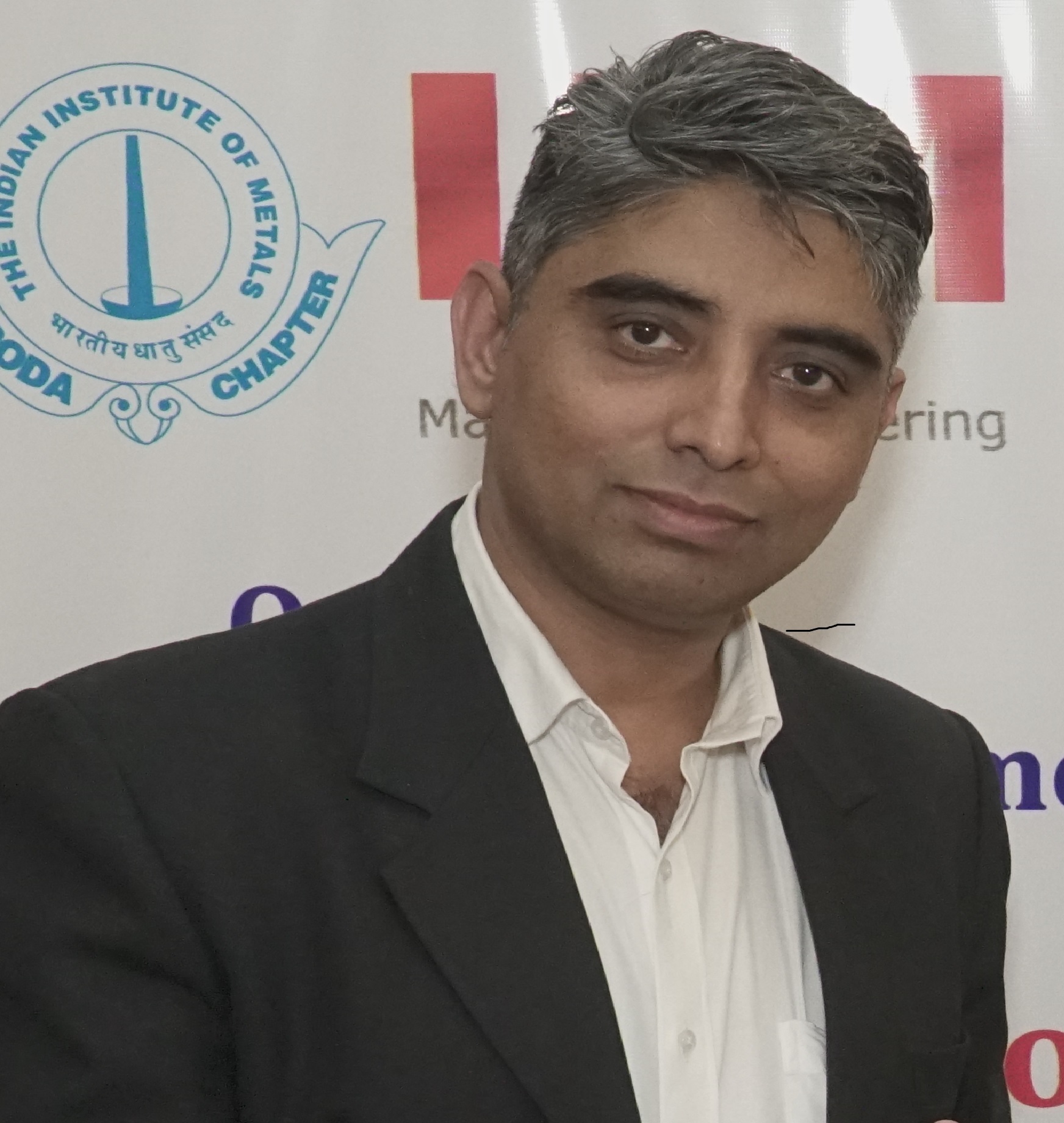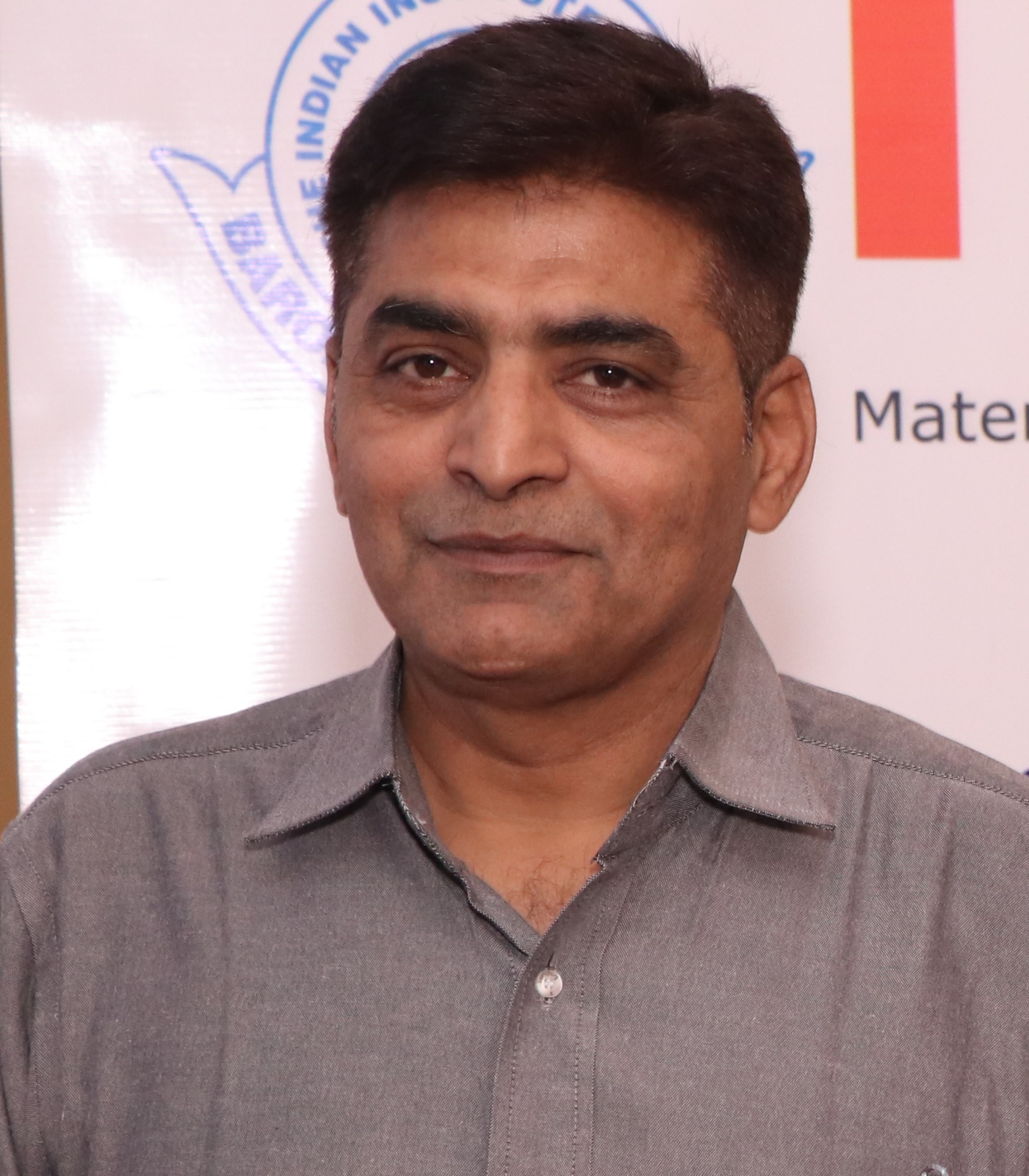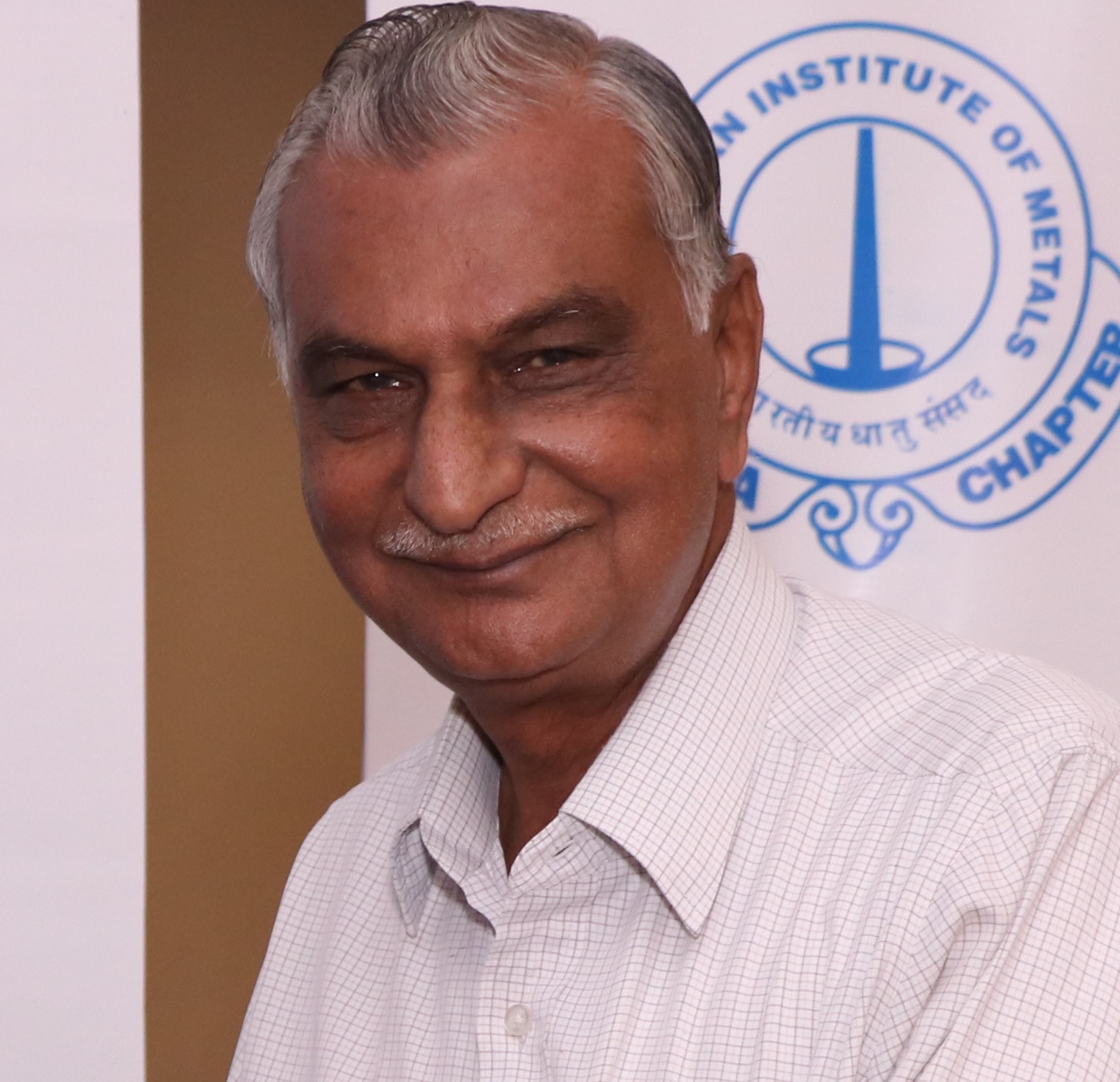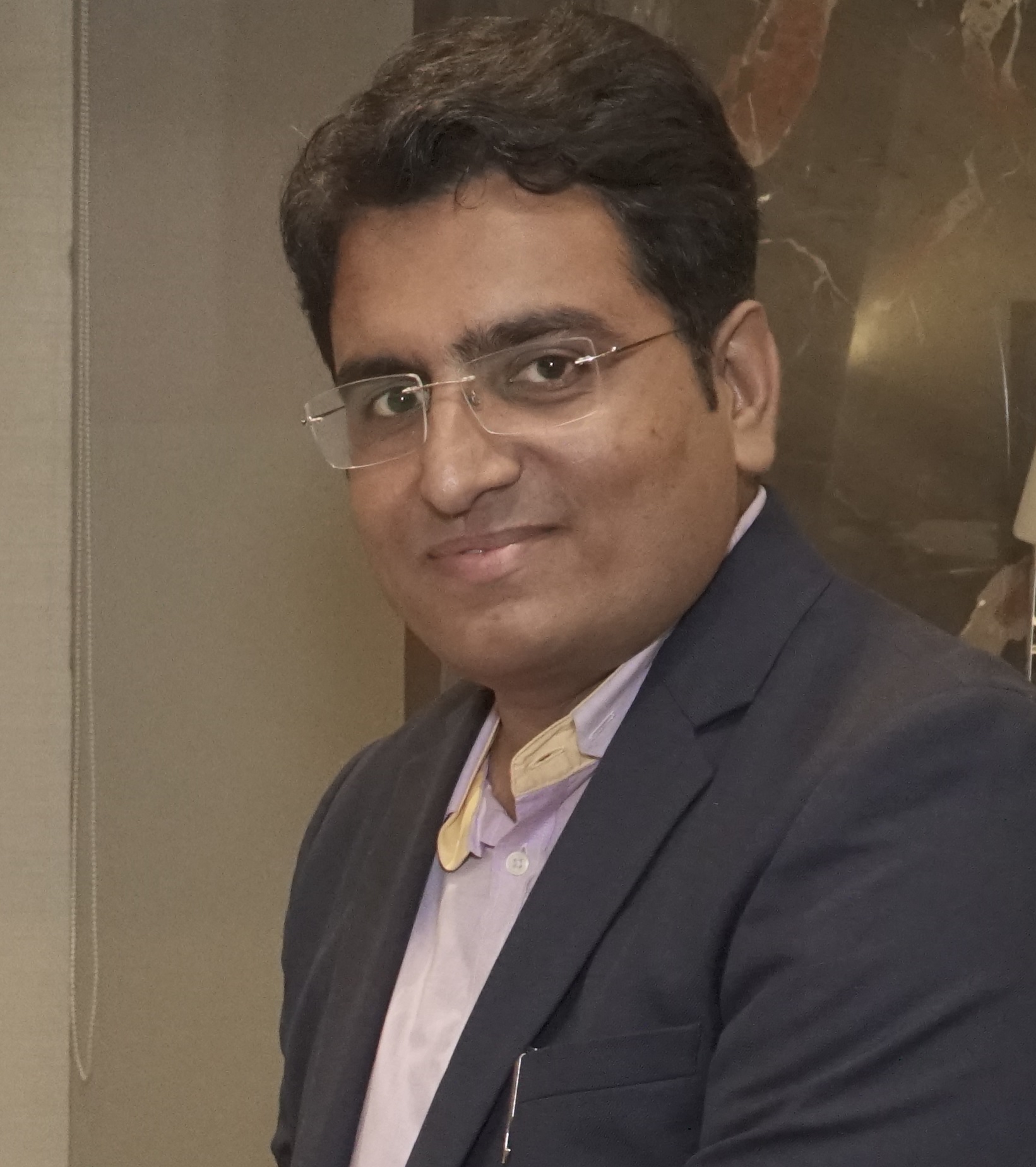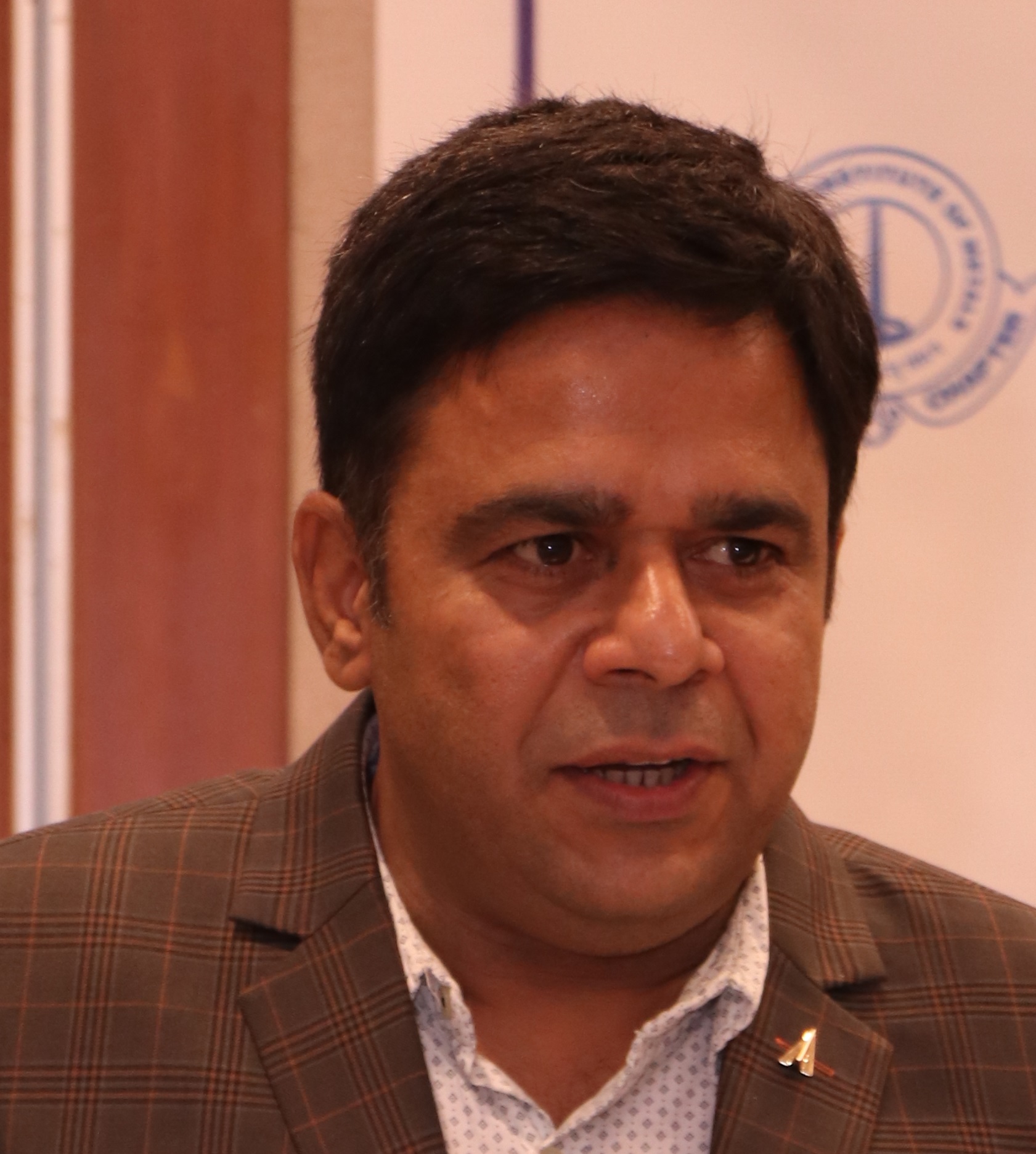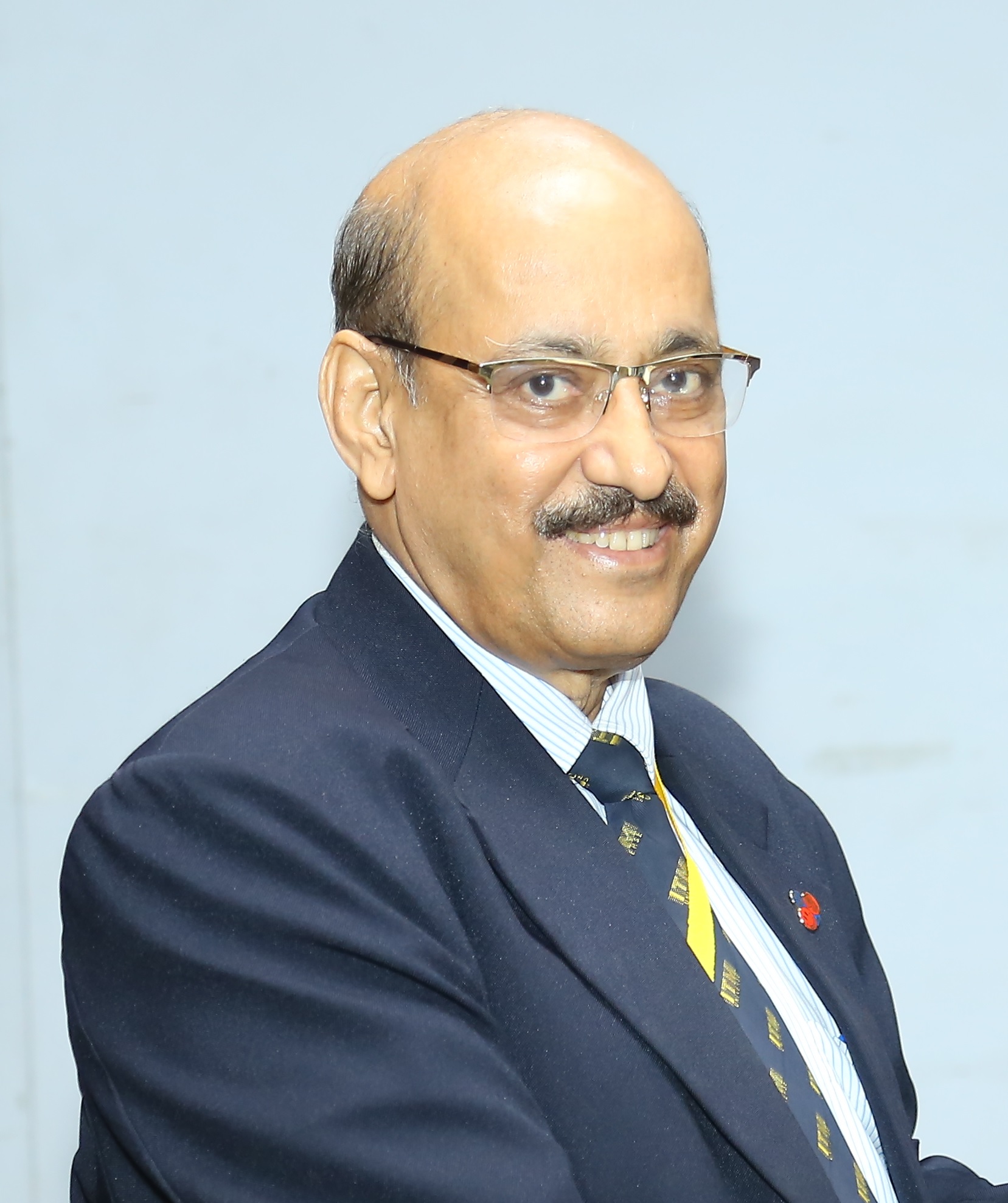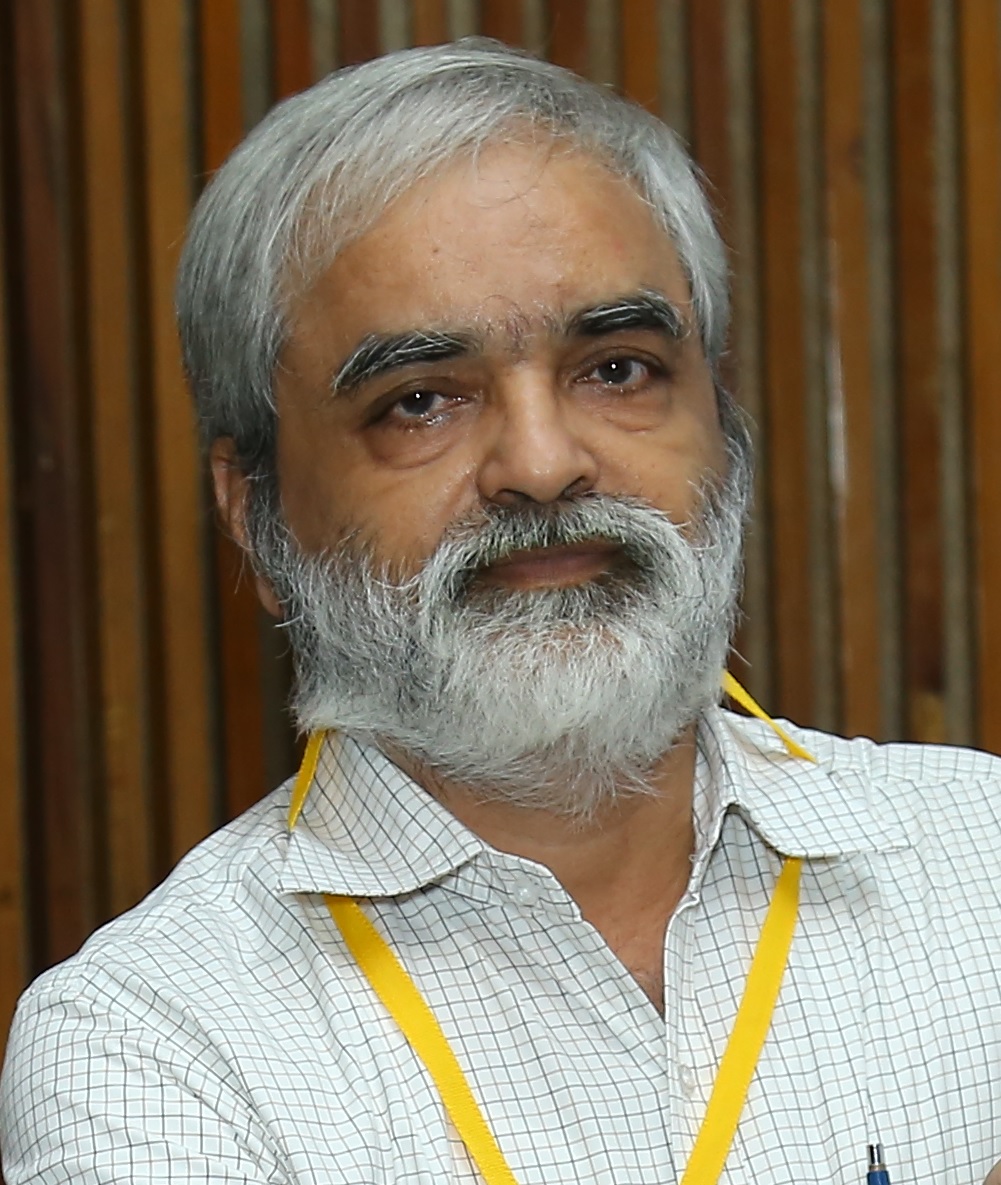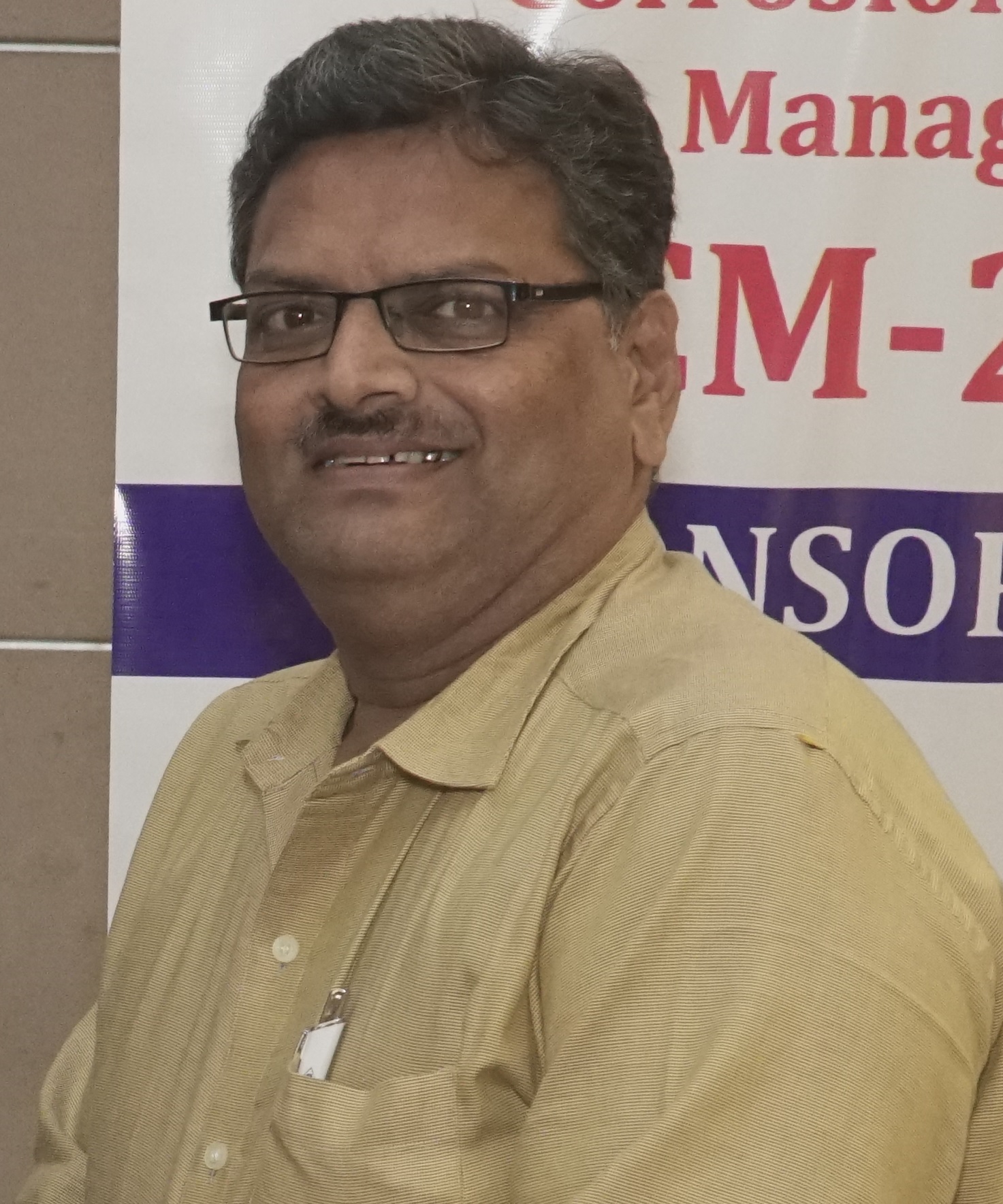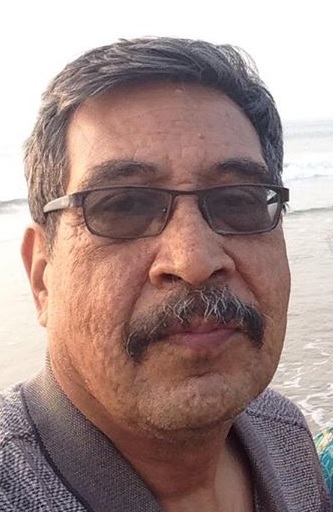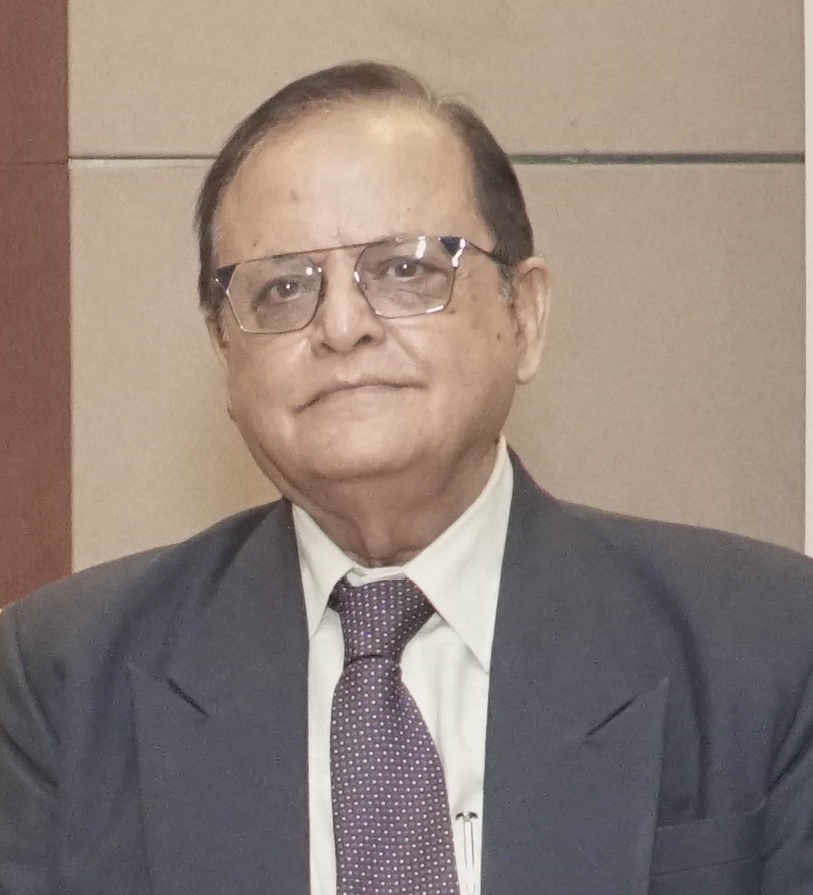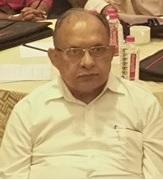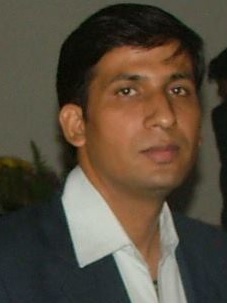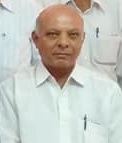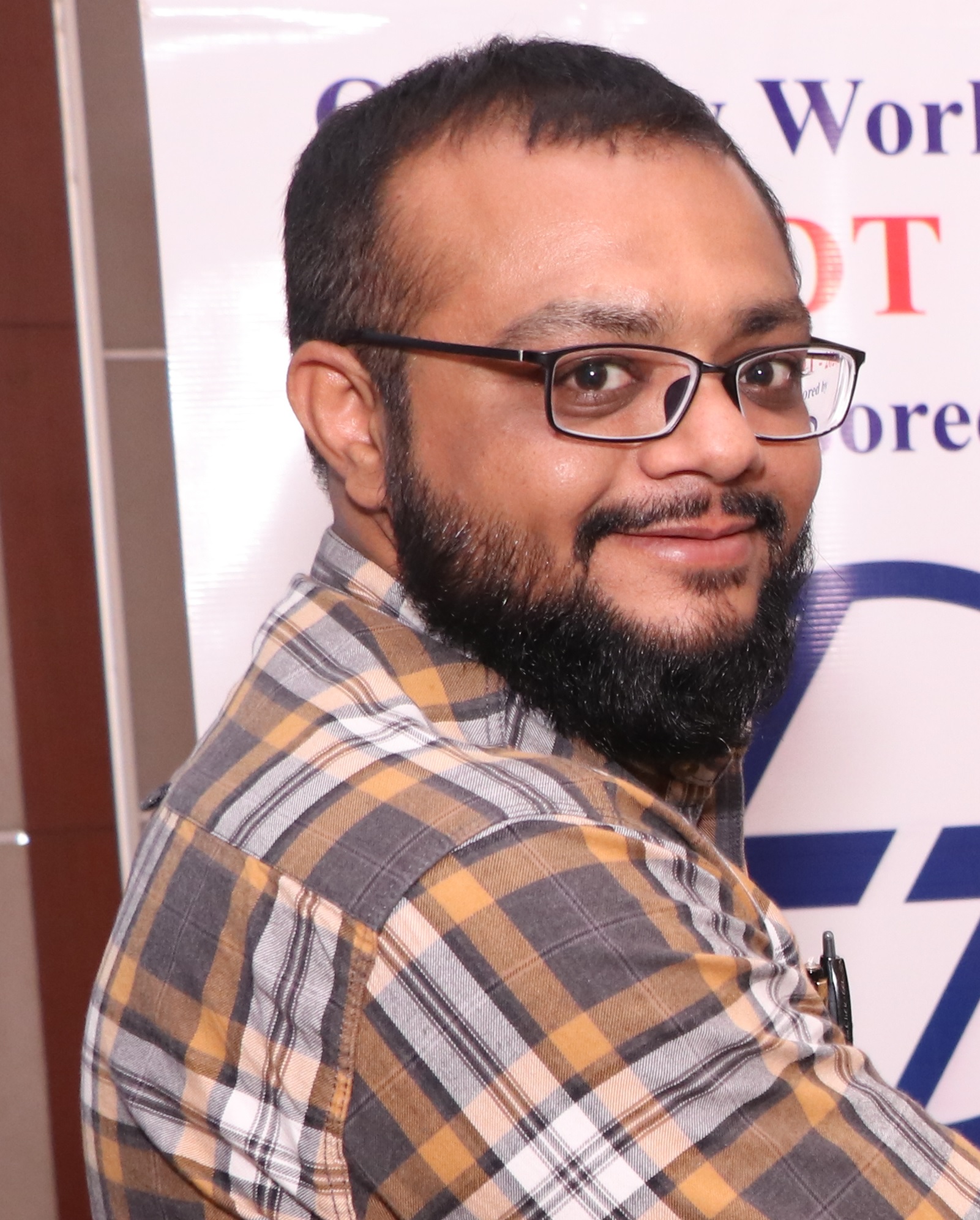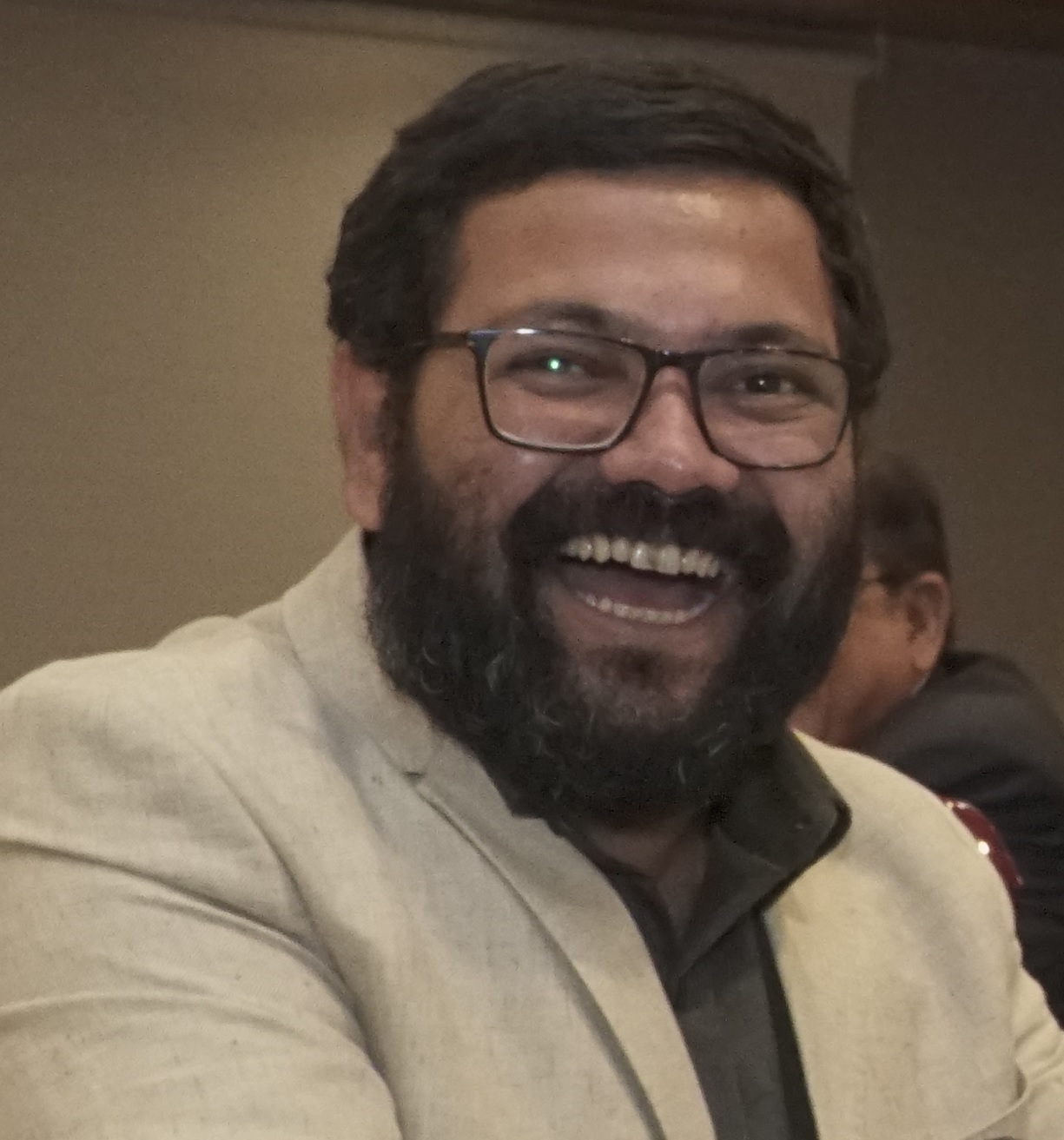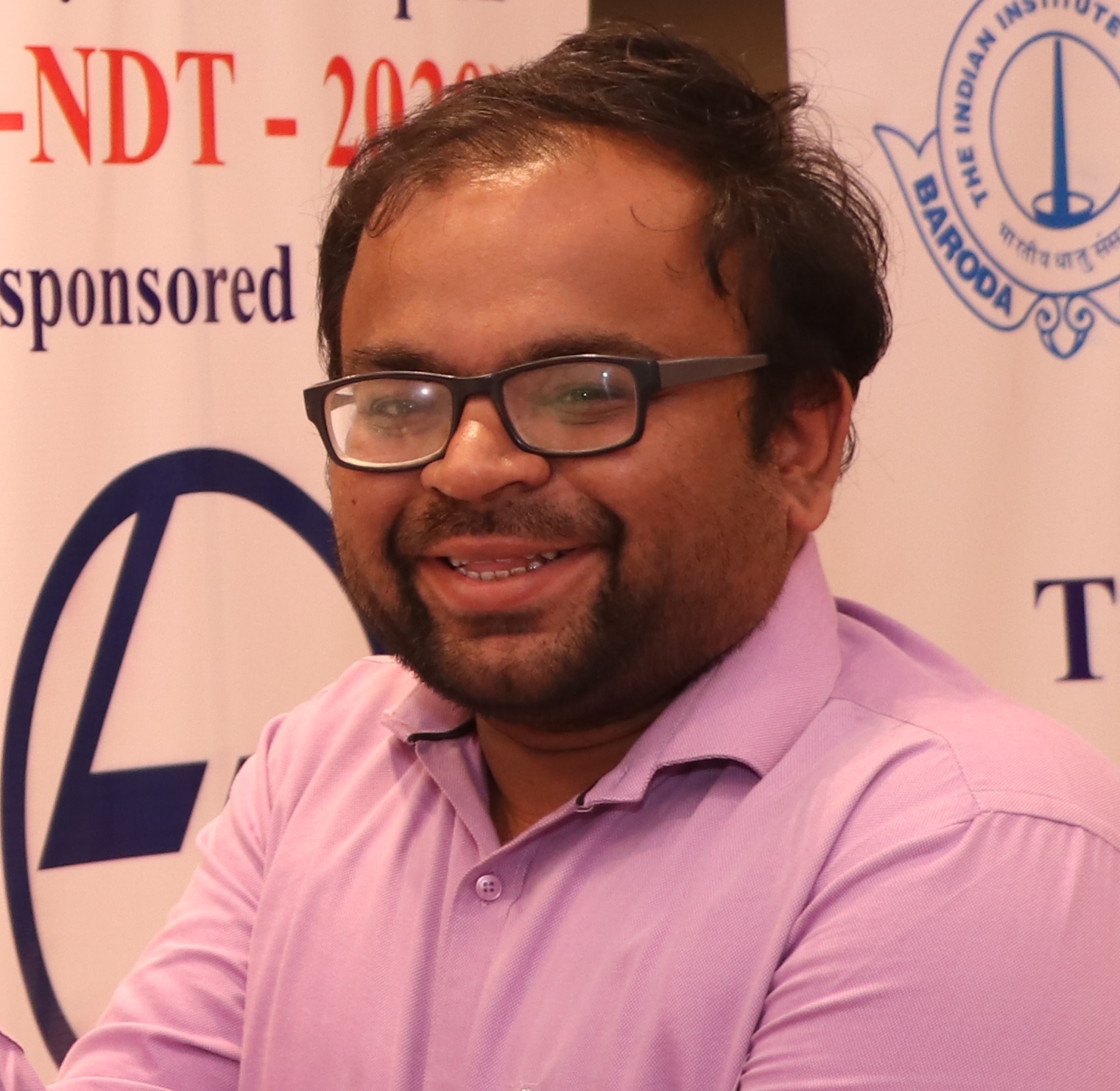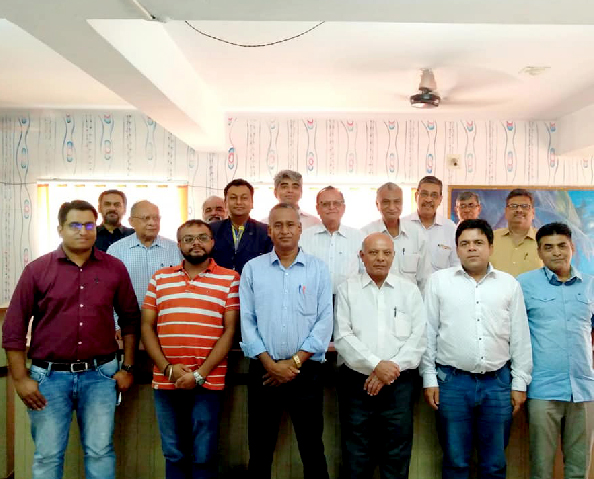
About Us
IIM is an organization with a proud past and an exciting future, being one of the largest and most prestigious associations of scientists, engineers, technologists, academicians, managers and industrialists in the field of metallurgy and materials engineering in India
The idea of formation of an Indian Institute for metallurgists was conceived as early as in 1945. This was possible by the efforts of a few metallurgists, who realised the need for an adequate body for professional metallurgists in India. During that time many of the technical informations were not easily available in India. Communications with other countries were difficult because of the war. The ordnance factories and many other industries involved in manufacture of various products for the war efforts were greatly handicapped because of the non-availability of technical information on metallurgy. The Inspectorate of Metals in the ordnance factory was the only reliable organisation who could undertake investigations on metal products.
It was in this background that about a dozen young metallurgists met informally in Calcutta and discussed the issue at the residence of Dr. Dara P. Antia, who was then Chief Metallurgist of Indian Aluminium Co. It was unanimously agreed that an institute of metallurgists in India should be formed. Later, various metallurgists holding senior positions in India were approached for their support. Also, a large number of people in high positions in Government and Industries were approached. At the same time a Memorandum and Articles of Association were drafted after studying the memorandum and articles of various other bodies. The Iron and Steel Institute, UK and Institute of Metals, UK also welcomed the idea and suggested formation of a single institute and not various separate institutes such as Metals, Iron and Steel, etc. Accordingly the Memorandum and Articles were finalized and the Institute was registered at Calcutta. An Organisational Council with Dr. Dara P. Antia who played a key role in establishing the Institute as President (see page 7 for full membership) was formed to manage the affairs till the election of the first Council. The House of Tatas provided office space in Calcutta.
The first Organizational meeting was held on 24th February, 1946 at the residence of Mr. K. C. Sood in Calcutta. Later, four more meetings were held within two months. These meetings were mostly attended by M/s Dara P. Antia, V. Rama Iyer, R. N. Kapoor, R. Krishnasamy, P. K. Paul, B.A. Rao, D.V. Reddy, C.J. Shah, S. Sircar and K.C. Sood. The Institute was inaugurated by Hon’ble Dr. Shyama Prasad Mukherjee, Minister for Industry and Supply on Monday, 29th December 1947 at the Royal Asiatic Society Hall, Calcutta. Sri Jahangir J. Gandhy became the first President and Dr. Dara P. Antia the first Honorary Secretary of the Institute. The following were elected as the first council members. Since then the growth of the Institute has been phenomenal. Starting with a modest membership of 42, the IIM Membership now (1999) stands more than 10,000 drawn from various fields of metallurgical activity. Membership requirements are rigid to maintain the highest professional standards. The Institute has grown into a reputed Institution devoted to promotion and advancement in the study, practice and research of Metallurgical Science and Technology. The Indian Institute of Metals is now recognized throughout the world as one of the premier metallurgical organizations.
IIM, Baroda Chapter is one of the oldest chapters of IIM, established in 1971 under the leadership of Prof. V.L Gadgeel & Prof Seshadri in the premises of Metallurgical & Materials Engineering Dept, Faculty of the Tech. & Engg, The M S University of Baroda, and Vadodara.
The two main objectives of IIM are: promoting and advancing the science and technology of metals and alloys and protecting the interests of metallurgists and metallurgical industry. The activities of the Institute include organizing national and international technical conferences and programmes, research activities, publications, conducting qualifying examinations etc. Almost all the activities are carried out through the Honorary services of the Office-bearers, Council Members, Chapter Chairmen, Secretaries and Treasurers as well as a large number of Institute members.




